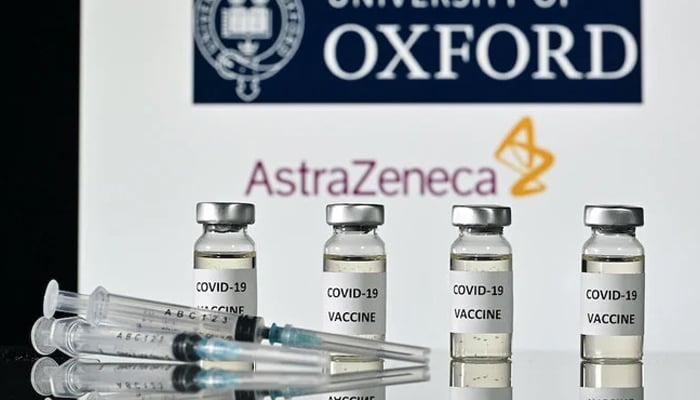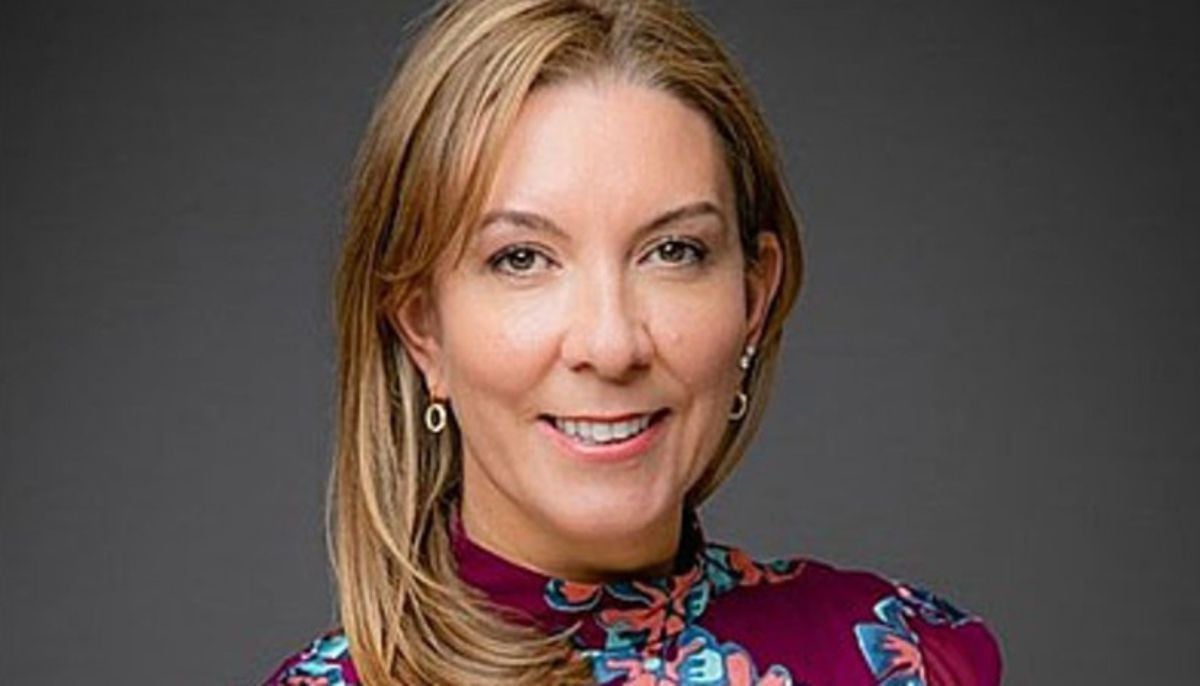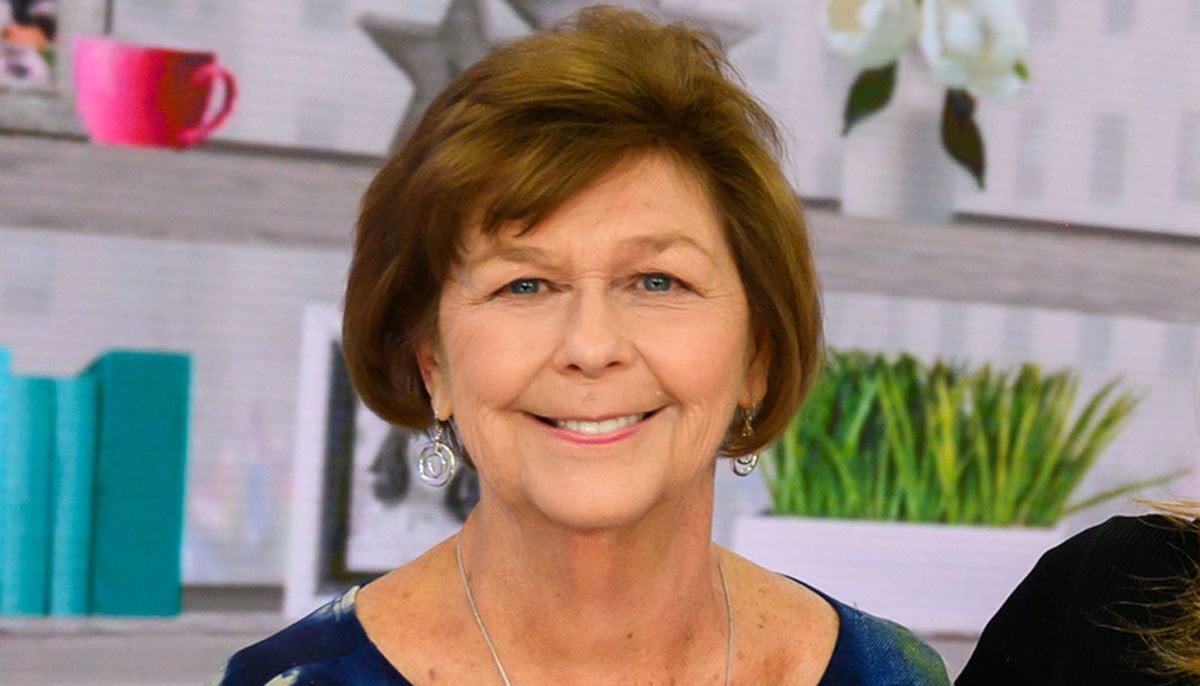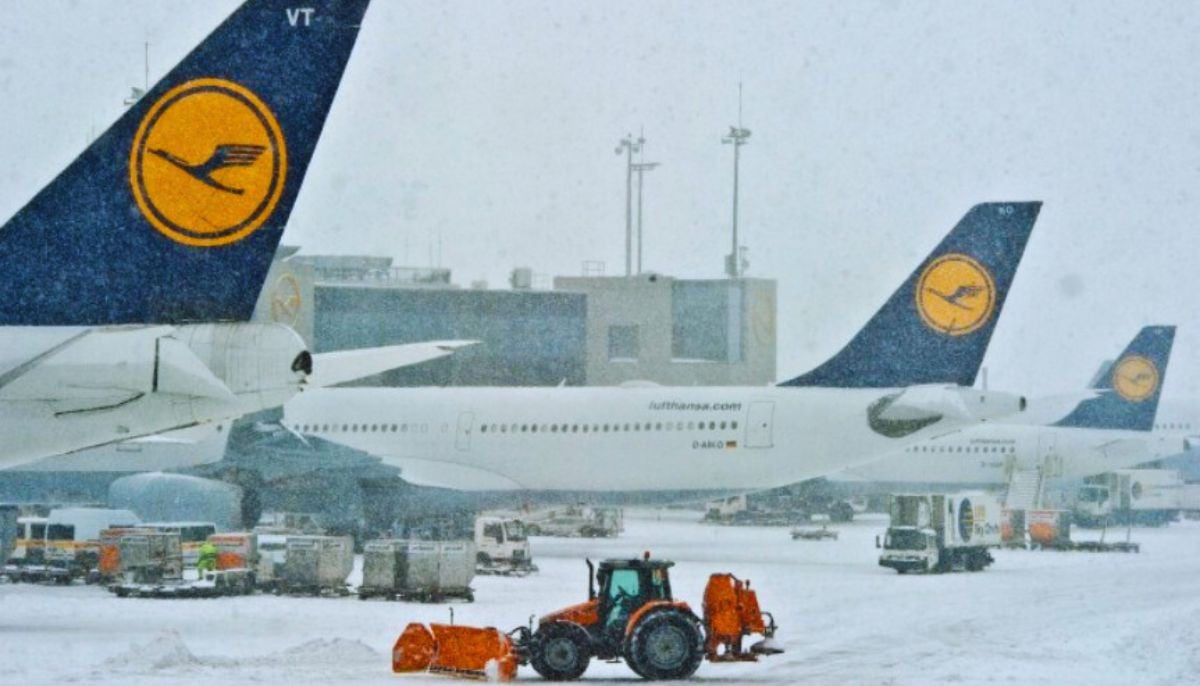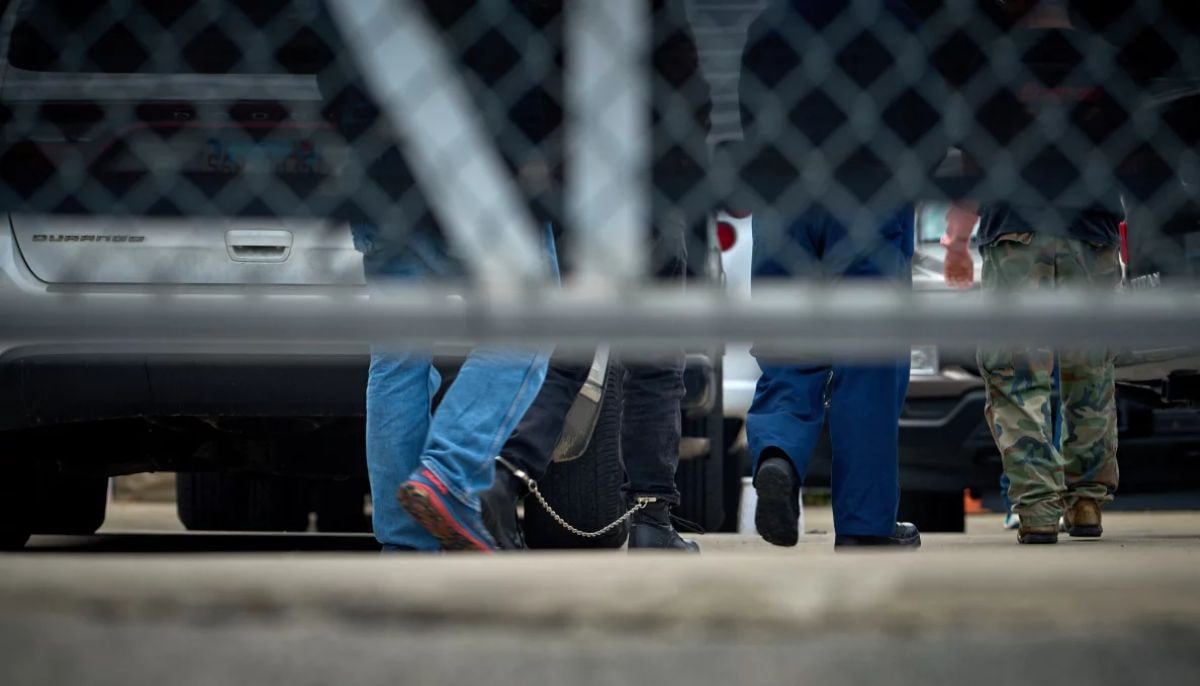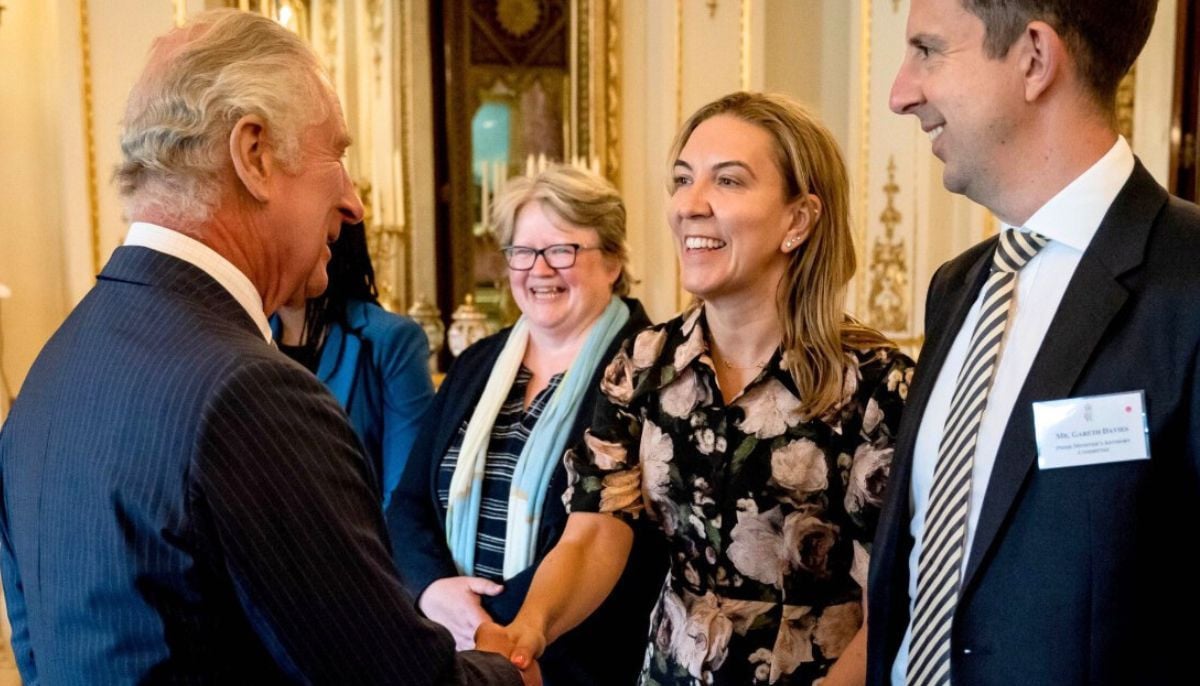AstraZeneca blood clot risk 'very rare', says EU regulator as nations battle coronavirus surges
European Medicines Agency says AstraZeneca jab 's benefits continue to outweigh risks
As several countries battle fresh virus surges amid vaccine shortfalls, the European Medicines Agency (EMA)said Wednesday blood clots should be listed as a rare side effect of the AstraZeneca jab but the benefits continue to outweigh risks.
A number of nations have suspended the use of AstraZeneca's vaccine for younger populations after it was earlier banned outright in several places over blood clot scares.
The United Kingdom on Wednesday said that people under the age of 30 should choose alternatives to the vaccine, after reporting 19 deaths from clots among people who received the shot.
The back-and-forth over the vaccine comes as countries from Germany to Ukraine and India face new waves of infections and deaths from the virus that has now killed more than 2.8 million people globally.
Governments are scrambling to secure much-needed vaccine doses, with Australia the latest nation to complain of shortages that it blamed on EU export controls.
The European Medicines Agency (EMA) said Wednesday that blood clots should be listed as a "very rare" side effect, encouraging countries to continue its use.
The announcement came after EMA's safety committee examined reports of blood clots, but EMA chief Emer Cooke said no particular risk factor had been identified and the clots could be linked to an immune response to the vaccine.
"Specific risk factors such as age, gender or medical history have not been able to be confirmed, as the rare events are seen in all ages," she told a news conference.
"The benefits of the AstraZeneca vaccine in preventing Covid-19 overall outweigh the risk of side effects," she added.
"It is saving lives."
'Critical situation'
Canada, France, Germany and the Netherlands are among several countries that are not recommending the shot for younger people.
Britain urged people under 30 to use other vaccines besides AstraZeneca, after reporting 79 blood clots and 19 deaths among 20 million doses given. It did not say how many people had been given the AstraZeneca vaccine.
AstraZeneca's vaccine has been administered in at least 111 countries, more than any of its rivals, according to AFP data. It is being used in wealthier countries and poor nations, largely as part of the WHO-backed Covax scheme to ensure equitable access to vaccines.
The controversy surrounding the jab has marred a global vaccine rollout that governments hope will help countries emerge from a pandemic that has ravaged the global economy and subjected much of humanity to some form of confinement.
In Germany, Chancellor Angela Merkel expressed support for a snap lockdown to stem rising cases, after decentralised measures failed to quell outbreaks.
Hard-hit France imposed tighter measures this week, while Ukraine on Wednesday reported record new deaths and hospitalisations after tightening measures in the capital.
"It is no exaggeration to describe the situation as critical," said Kiev mayor Vitali Klitschko, warning that the city's hospitals would run out of beds "very soon".
India, which registered a 24-hour record of almost 116,000 new cases on Wednesday, said it too would rollout tougher curbs with new curfews in place in 20 cities, including the capital New Delhi.
-
Heavy snowfall disrupts operations at Germany's largest Airport
-
France sees record 102mn international tourists in 2025
-
ICE deports Congolese mother despite fears she could be killed
-
Keir Starmer appoints 'Dame Antonia Romeo' as first female head of UK service
-
Russia sounds alarm over Iran tension as US forces surge in region
-
France on red alert: Storm Pedro batters southwest following record 35 day rain streak
-
Headway made in Nancy Guthrie case: report
-
'Pulp Fiction' actor Peter Greene died in accidental gunshot, officials confirm
